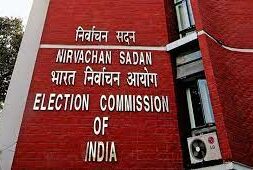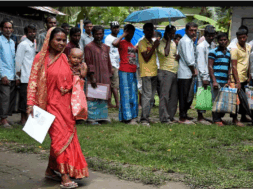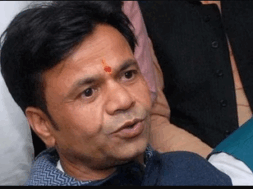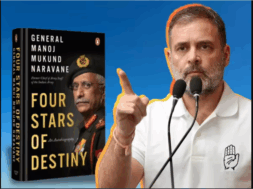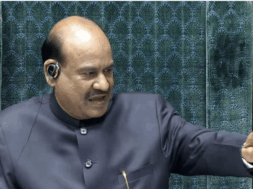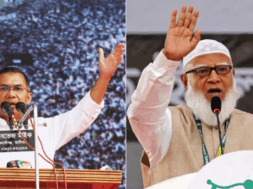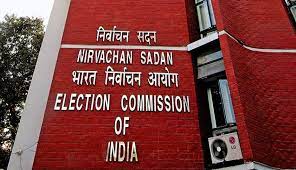
Manas Dasgupta
NEW DELHI, Sept 8: In their first mini test, the non-BJP opposition front of INDIA bloc, which though is yet to concretise its internal arrangements, demonstrated a marginal advantage over the BJP in the by-elections for seven assembly seats in six states the results for which were being declared on Friday.
While the BJP and the INDIA bloc have won three seats each, in the seventh seat, Ghosi in BJP-ruled Uttar Pradesh, the Samajwadi Party candidate has established a lead of more than 22,000 votes over his nearest BJP rival as the counting of votes is still in progress but is expected to romp home.
In several of the seats, the INDIA alliance partners fought against each other besides rivalling the BJP but the saffron party still could not improve its performance in Kerala, West Bengal and Jharkhand. The BJP’s three seats came from Tripura and Uttarakhand, both ruled by the party, including two in Tripura and one in the Himalayan state.
Only in Tripura, the BJP’s Tafajjal Hossain snatched away the Boxanagar seat from the CPM while the party retained the Dhanpur seat in Tripura and Bageshwar in Uttarakhand while it lost the Dhupguri seat in West Bengal to the ruling Trinamool Congress.
In Kerala, the fight for the Puthuppally seat remained confined to the INDIA partners the CPM and the Congress as well as the Aam Aadmi Party, but the BJP-led NDA showed further erosion of its ground in the southern-most state. While the victorious Congress candidate, the son of the former chief minister Oommen Chandy, polled more than 80,000 votes, defeating his CPM rival by about 38,000 votes, the BJP nominee could get just about 6,000 votes, its votes share having been reduced from 16.4 per cent in the 2019 Lok Sabha elections to five per cent, the party’s worst ever performance in the last 20 years.
While the Jharkhand Mukti Morcha, the ruling alliance leader in Jharkhand, retained the Dumri seat, the TMC ousted the BJP in Dhupguri while the Samajwadi Party was leading in Ghosi in UP against its nearest BJP rival.
At least in two seats sympathy votes mattered as the respective parties had fielded the nearest keen of the deceased member whose deaths had caused the by-elections. But while in Puthuppally the former chief minister’s son was fielded by the Congress and he marched on to secure more than 61 per cent of the votes polled, in Bageshwar in Uttarakhand, the wife of the former minister Ranjit Dass, could manage to win the seat by a narrow margin of only 2,400 votes, that too after conceding early lead to the Congress nominee.
The INDIA alliance gained marginal ground despite the fact that in several of the seats, its partners fought among themselves. In Puthuppally, the fight was mainly between the CPM and the Congress, in Dhupguri, the Congress and CPM joined hands to fight against the TMC and of course the BJP, which had won the seat in the general elections. In Bageshwar, the Congress was also opposed by the SP besides the BJP.
The internal rivalry within the INDIA in the Assembly by-elections truly reflected what it said about a week earlier at the Mumbai conclave that it planned to contest next year’s Lok Sabha election “together as far as possible.”
